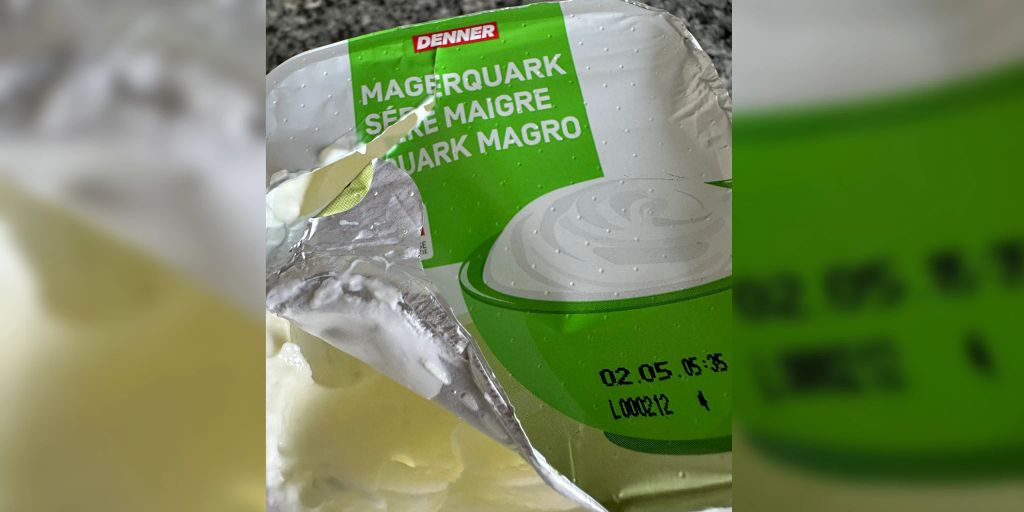After BIOS update
Gigabyte also disables the primary M.2 slot (temporarily)
Our Lake Raptor models Core i5-113600K and Core i9-13900K motherboard tested with Z790 . chipsetbut of course we also wanted to experience a similarly potential upgrade path via an existing board with the Z690 chipset.
However, we had some issues with the ASUS ROG Maximus Z690 Hero and the current BIOS version 2103. First, the M.2 SSD in the primary slot (M2_1), connected to the processor via PCI Express 5.0, is no longer recognized. Also, the multi-threaded performance of the Core i9-13900K is significantly lower than expected. our We describe the experiences and results in the Raptor Lake processor review.
Gigabyte today released BIOS F3a for its Z790 chipset motherboards. Among other things, this should have the function of converting a Core i9-13900K to a Core i9-13900KS. More on this in a separate post. We wanted to try that and update the BIOS. However, after the second reboot with the new BIOS, Windows will not boot. The reason was quickly found: here, too, the NVMe SSD is no longer in the primary M.2 slot. However, MT still performed well when using a Gigabyte Z790 AORUS Elite AX with BIOS F3a – so the question remains why the primary M.2 slot (in Gigabyte, M2A_CPU) is no longer recognized.
The solution to the problem was already known regarding the BIOS of the ASUS Z690 motherboards. Update Management Engine (ME) to version 16.1.25.1917. However, our Gigabyte Z790 AORUS Elite AX with BIOS F3a has this ME version and M.2 is no longer recognized in the first M.2 slot (M2A_CPU).
However, we tried to reinstall ME version 16.1.25.1917. That’s why you need this Download It can by running verification. cmd First check the installed version with admin rights. Then, this can be done with implementation Install.cmdalso with admin rights.
Then it got a little weird as a result, because of course we tried again to see if the M.2 slot was revived, and suddenly a NVMe SSD appeared here again and the system could also be started again. However, the M.2 problem does not always seem to occur immediately. Some users with ASUS Z690 motherboard mentioned The fact that your system works without problems for hours after installing the new processor and then after a reboot suddenly no longer wants to correctly recognize the SSD. Updating to the new ME version helped here. The reasons for this erratic behavior are still unknown.
ASUS is currently investigating why not only the ROG Z690 Hero recognizes the SSD in the M2_1, but also why the performance here does not meet expectations. We will inform Gigabyte of the results of the short disappearance or we no longer recognize the base M.2 slot.

“Subtly charming coffee scholar. General zombie junkie. Introvert. Alcohol nerd. Travel lover. Twitter specialist. Freelance student.”






More Stories
AOC Graphic Pro U3: A new color-accurate monitor series for creative people
The goal is to defuse the dramatic situation
GTA Online: Big rewards in open wheel racing, RC racing, and more